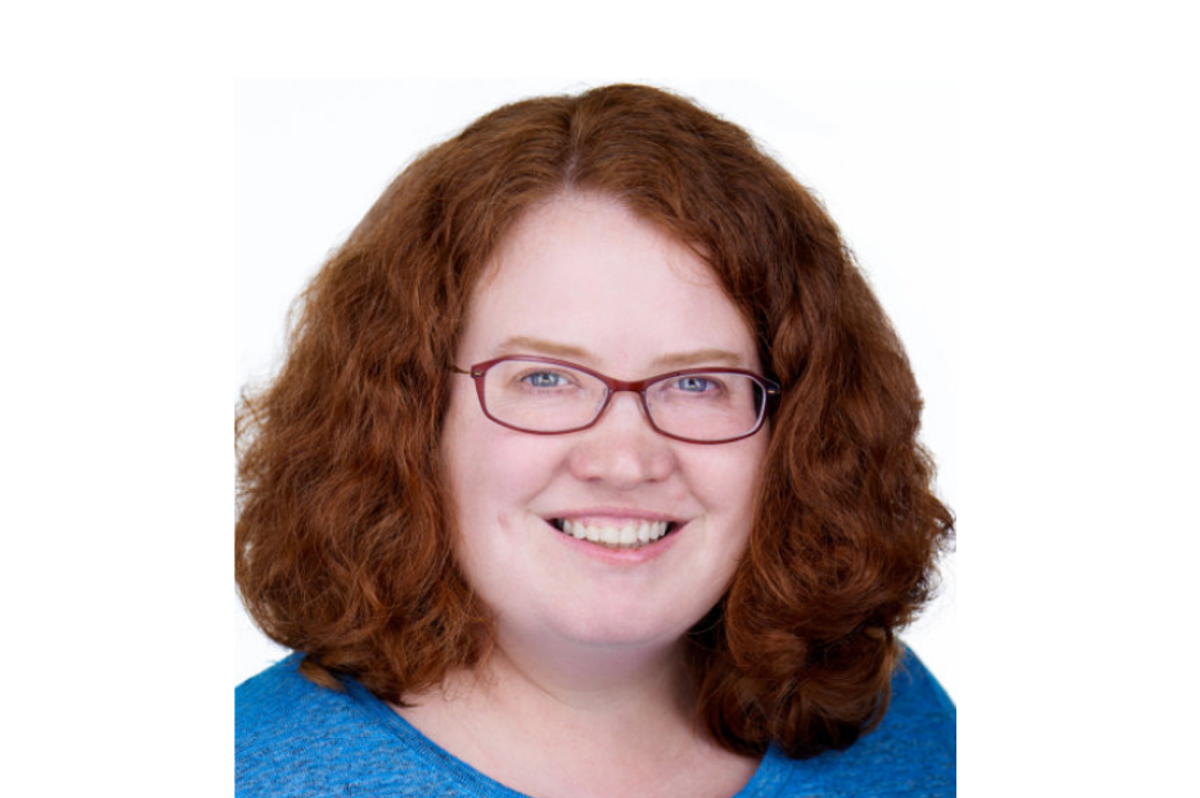Overheard: Houston's top energy transition founders explain their biggest challenges
Houston Innovation Awards
From finding funding to navigating the pace of traditional oil and gas company tech adoption, energy transition companies face their fair share of challenges.
This year's Houston Innovation Awards finalists in the Energy Transition category explained what their biggest challenge has been and how they've overcome it. See what they said below, and make sure to secure your tickets to the Nov. 14 event to see which of these finalists win the award.
"The evolving nature of the energy industry presents opportunities to solve some of our industry's greatest challenges. At Amperon we help optimize grid reliability and stability with the power of AI demand forecasting."
— Sean Kelly, CEO of Amperon, an AI platform powering the smart grid of the future
"The biggest challenge in leading an energy transition-focused startup has been balancing the urgency for sustainable solutions with the slow pace of change in traditional industries like oil and gas. Many companies are cautious about adopting new technologies, especially when it comes to integrating sustainability initiatives. We overcame this by positioning our solutions not just as environmentally friendly, but as tools that improve safety, efficiency, and cost savings. By aligning our value proposition with their operational goals and demonstrating real, measurable benefits, we were able to gain traction and drive adoption in industries that are traditionally resistant to change."
— Dianna Liu, CEO of ARIXTechnologies, an integrated robotics and data analytics company that delivers inspection services through its robotics platforms
"Scaling up production of hard tech is a major challenge. Thankfully, we recruited top-notch talent with experience in technology scale-up and chemical processes. In addition, we've begun building partnerships with some of the world's largest chemical manufacturers in our space who are excited to be a part of our journey and could rapidly accelerate our go to market strategy. We have significant demand for our product as early as 2025, so partnering with these companies to scale-up will bring our technology to market years ahead of doing it alone."
— Matthew Dawson, CEO of Elementium Materials, a battery technology with liquid electrolyte solutions
"Our pyrolysis reactor is a proprietary design that was developed during Covid. We ran simulations to prove that it works, but it was not easy to test it in a pilot facility, let alone scaling it up. We managed ... to run our pilot plant studies, while working with them remotely. We proved that our reactor worked and produced high quality products. Later, we built our own pilot plant R&D facility to continue running tests and optimizing the process. Then, there was the challenge of scaling it up to commercial size. ... We put together a task force of four different companies to come together to design and build this complex reactor in record time."
— Vibhu Sharma, CEO of InnoVent Renewables, a startup with proprietary continuous pyrolysis technology that converts waste tires, plastics, and biomass into valuable fuels and chemicals
"Energy storage and geothermal power generation are capital-intensive infrastructure projects, requiring investors with a deep commitment and the patience in terms of years to allow the technology to be developed and proven in the field. One challenge is finding that niche of investors with the vision to join our journey. We have succeeded in raising our $30 million series A with these types of investors, whom we’re confident will continue the journey as we scale."
— Cindy Taff, CEO of Sage Geosystems, an energy company focused on developing and deploying advanced geothermal technologies to provide reliable power and sustainable energy storage solutions regardless of geography
"The biggest challenge we've faced has been to bring together massive independent power producers on one side who are investing hundreds of millions of dollars into grid infrastructure with multi- national tech giants on the other that don't have experience working much with energy storage. As a startup with only four employees, gaining credibility with these players was critical. We overcame this hurdle by becoming the preeminent thought leader on storage emissions, through publishing white papers, discussing the issues on podcasts, and (more)."
— Emma Konet, CTO of TierraClimate, a software provider that helps grid-scale batteries reduce carbon emissions
------This article originally ran on EnergyCapital.

 Angela Wilkins joins the Houston Innovators Podcast to discuss the intersection of data and health care. Photo courtesy
Angela Wilkins joins the Houston Innovators Podcast to discuss the intersection of data and health care. Photo courtesy







